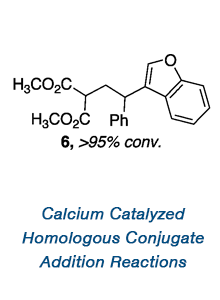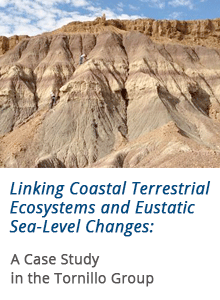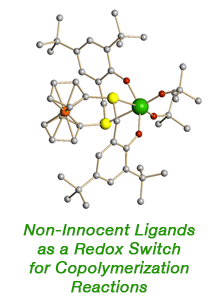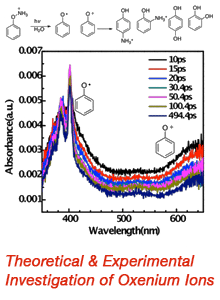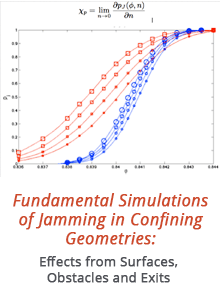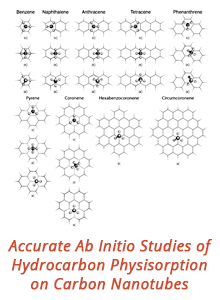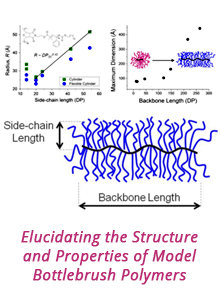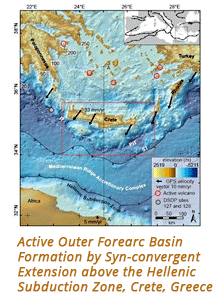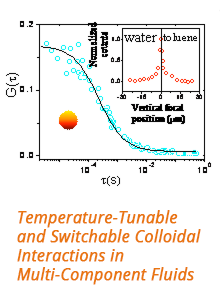58th Annual Report on Research 2013 Under Sponsorship of the ACS Petroleum Research Fund
Dr. Aaron Celestian
 Department of Geography and Geology
Department of Geography and Geology
Western Kentucky University
Characterizing Synthesis and Ion Transport in Microporous Mixed-Polyhedral Frameworks
Dr. Aaron Celestian studies ion diffusion properties of natural zeolites and microporous materials. His ACS PRF Undergraduate New Investigator grant is to study specific selectivity in microporous zeolite analogues (Titanium/Zirconium/Niobium silicates). He stated that, "I wanted to understand how ions move out of solution and into a crystal structure via diffusion processes, to help tailor highly functional microporous materials for a given application."
Noting that materials used in catalytic cracking of fossil-fuel hydrocarbons are expensive, the inspiration for his proposal was to see if combining two materials (Zeolites and Rare Earth Elements) into a single compound would reduce the cost, or increase the yield, of catalytic cracking. Starting from an understanding of the properties of natural zeolite minerals (Sitinakite and Zorite), Celestian and his students synthesized porous crystalline nanomaterials, and used synchroton X-ray, high flux neutron sources, and lasers, to study their atomic arrangement and molecular vibrations during ion exchange.
The results of this research indicate that ion exchange in Sitinakite and Zorite is a multi-step process, with local changes in crystal structure before and after absorption of cations. These dynamic molecular motions are not easily modeled using diffraction techniques, but were observable with time-resolved Raman spectroscopy. Furthermore, incorporating Rare Earth Elements into these materials increases pore spaces by reducing the number of cations in a molecular tunnel, which may allow greater gas sorption and molecular interaction with photo-sensitive REE cations.
Determining how rare earth elements get in and out of a crystal structure, and understanding how chemical and physical properties of these materials change during ion exchange, may make it possible to synthesize materials to selectively catalyze asphaltenes and other oddly-shaped hydrocarbons found in tar sands. Dr. Celestian noted that "PRF support was absolutely instrumental to be able to pay undergraduate students to do this research, to give them motivation, and also to get the resources needed to perform the studies." Furthermore, he was recently awarded tenure at Western Kentucky, and noted that "this PRF grant made my tenure package look great."
Dr. Celestian earned a B.S. in Geosciences from the University of Arizona, and M.S. and Ph.D. degrees in Geosciences from the State University of New York at Stony Brook. He was a visiting Assistant Professor at Queens College of the City University of New York for one year, before joining the faculty of the Western Kentucky University Department of Geography and Geology in August 2007.
Grant #50927-UNI10: Read Celestian's Annual Report
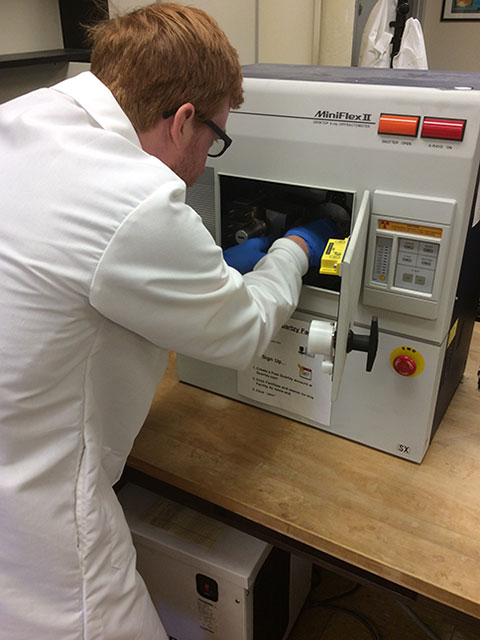
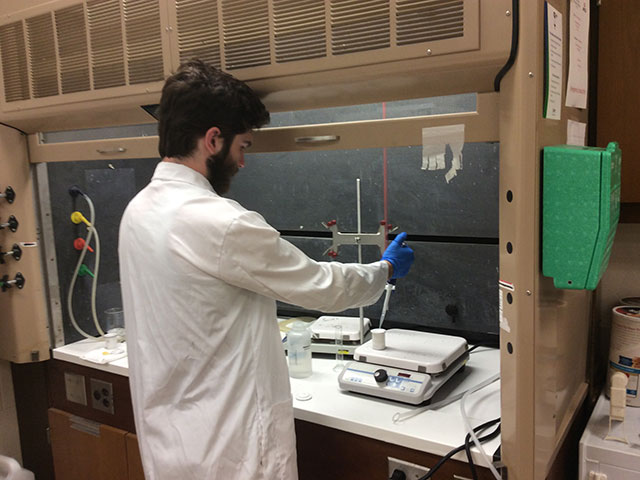
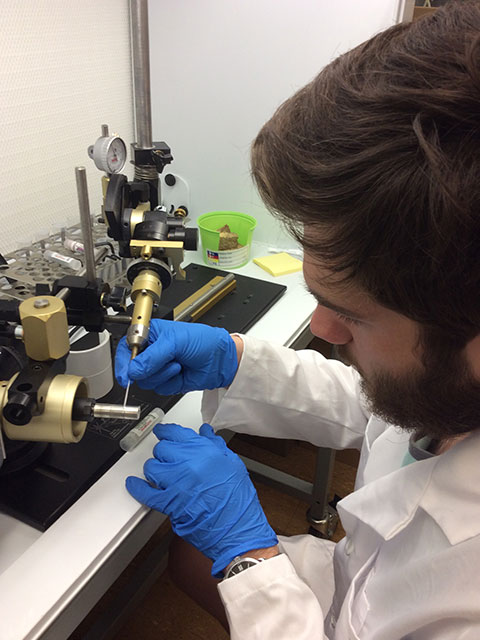
Copyright © 2014 American Chemical Society


